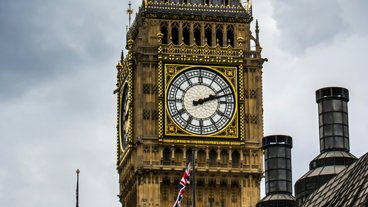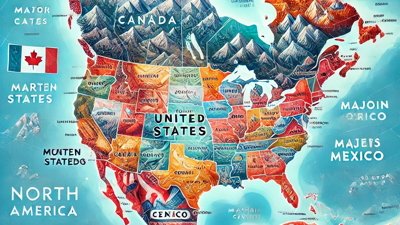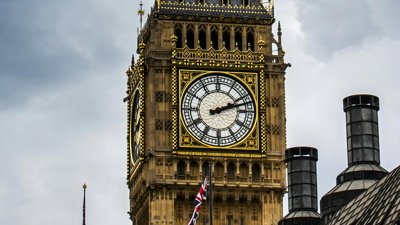A global economic crisis team of 20 leading nations has endorsed a proposal that would rein in tax avoidance practices employed by Apple and other tech firms.
Headquarters of Apple Sales International in Ireland, which handles most of Apple's overseas revenue.
The 40-page action plan drawn up by the Organization for Economic Cooperation and Development was revealed as part of the G20 summit in Moscow on Friday, according to Bloomberg. It would force international companies to pay additional taxes, preventing money from being diverted offshore to a tax haven like Ireland.
"The proposal aims to develop rules over the next two years preventing companies from escaping taxes by putting patent rights into shell companies, taking interest deductions in one country without reporting taxable profit in another, and forcing them to disclose to regulators where they report their income around the world," wrote reporters Jesse Drucker and Rainer Buergin.
Apple has been accused of using a number of subsidiaries in Ireland and the Netherlands to take advantage of low international tax rates. According to the OECD, countries that normally accommodate these practices — including the Netherlands and Switzerland — will back their proposed plans.
The OECD's proposal would attempt to stamp out tax avoidance, and is said to have the support of the Netherlands and Switzerland.
In May, the U.S. Senate Permanent Subcommittee on Investigations produced a report outlining how Apple is able to avoid paying domestic taxes on its international sales through a process known as the "Double Irish." The method earned its name because companies are required to set up two Irish companies to utilize the loophole — one company that owns the intellectual property rights, and another that licenses those rights and keeps its profits low.
Whatever profits are collected through the second company are taxed at a rate of 12.5 percent, or nearly a third of the 35 percent international tax rate imposed by the U.S. government.
Pascal Saint-Amans, director of the OECD's Centre for Tax Policy, referred to the strategy used by a number of companies as "double non-taxation." Two of the OECD's proposed regulations will make it harder for companies to move these profits offshore and would aim to keep the money in the country in which it originated.
Apple Chief Executive Tim Cook has adamantly denied that his company has skipped out on any taxes, \saying just before testifying before the U.S. Senate in May that Apple pays "every dollar" that it owes. At the hearings, Sen. Carl Levin accused the company of exploiting an "absurdity" in U.S. tax law, while Cook accused American tax codes of failing to keep pace with digital age.
 Michael Harper
Michael Harper

-xl-(1)-xl-xl-m.jpg)





-m.jpg)






 Wesley Hilliard
Wesley Hilliard
 Marko Zivkovic
Marko Zivkovic
 Andrew Orr
Andrew Orr
 Malcolm Owen
Malcolm Owen


 Andrew O'Hara
Andrew O'Hara
 William Gallagher
William Gallagher






22 Comments
I applaud these moves, I just hope they actually do something and that it's effective.
It's very nice that the G20 summit agrees with some common sense international tax law fixes. However, getting each country, especially the US, to actually pass new tax law that would effectively increase corporate taxes owed is a pipe dream at best and a political hot air balloon at worst.
In the USA, one side will claim the international community is attempting to "take over" their sovereignty and that any new tax law like this is anti-business and would accelerate companies leaving the country. Meanwhile the other side will blast the "pro-business" party for obstructionism when in actuality, both sides are paid hand-under-desk to prevent any legislation of the type from reaching either floor of Congress for a vote. Both parties win each of their base voters' hearts for fighting over essentially a loss for the general public.
I can only hope other countries that have more than two political parties and aren't all paid by corporate lobbyists will prevail in squashing this obvious gap in international tax law.
Glad to see them try to fix the problem instead of them just complaining that some companies are not paying what they should be paying. If the tax laws are written correctly then they will collect their taxes but I am confident that they will screw this up again and just keep complaining.
Good on the governments for straightening things out.... well, lets be realistic- making them slightly less crooked. Whatever leaks they plug, corporations will find the 'next best' remaining ones.
Next up on the corporate agenda:
Dear employees, increased competition and now an increased tax burden imposed on us are making times really *really* hard. We're going to have to increase your portion of the health care contribution, we're stopping our 401k sharing plan, and there will sadly be no pay raises this year =(
<Inside the boardroom> Hahhahah Nice work, bonuses for everyone. Hey, tax guy, hows that new quadruple throople pretend our engineers are in training interns for the tax bonus plan coming along?
Sounds like the something the US and other countries who can't even manage what they have would do. "Give us more tax so we can squander it." Instead, Apple and other companies should be able to keep it since they generally use it for actually progressing society and creating jobs. Companies have always been smarter than governments so they will find a way in the new system just like the old. At least, I hope so. Less taxes for these companies means lower prices for us consumers.